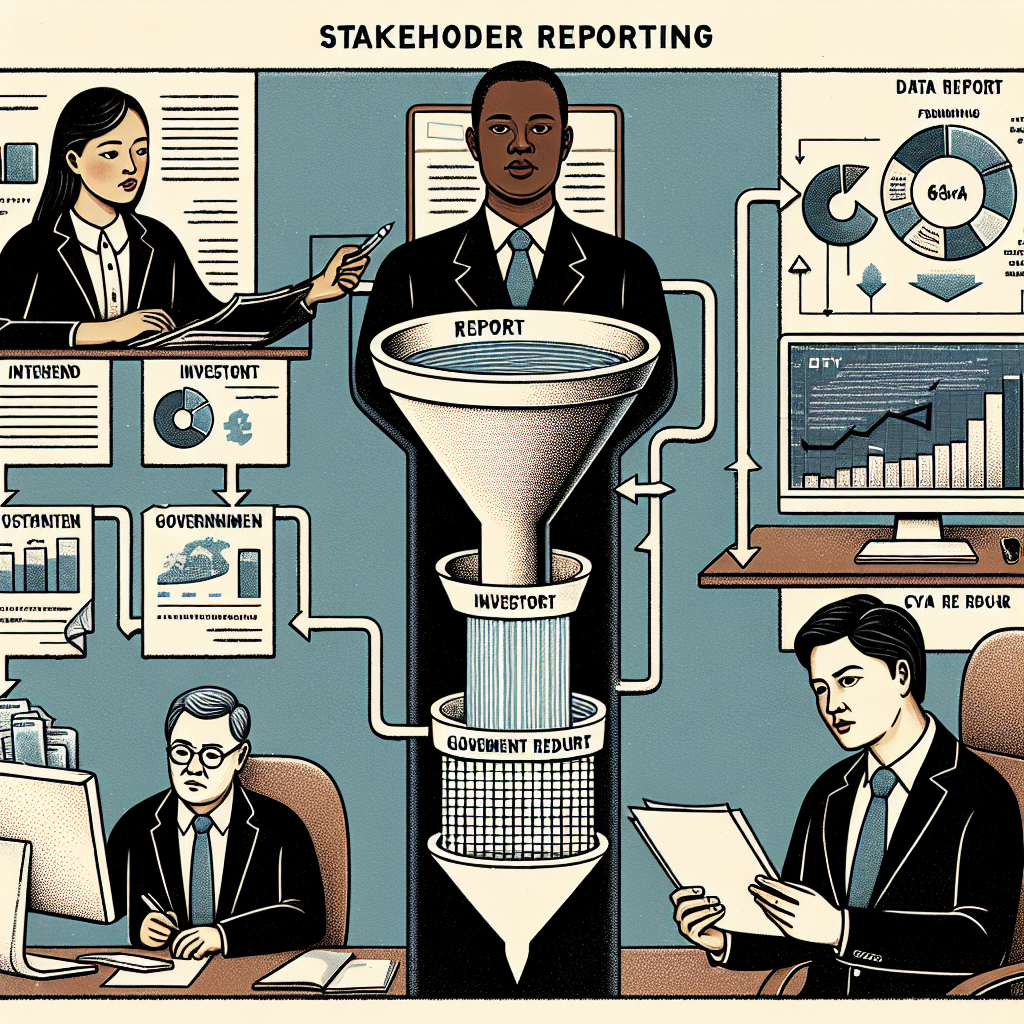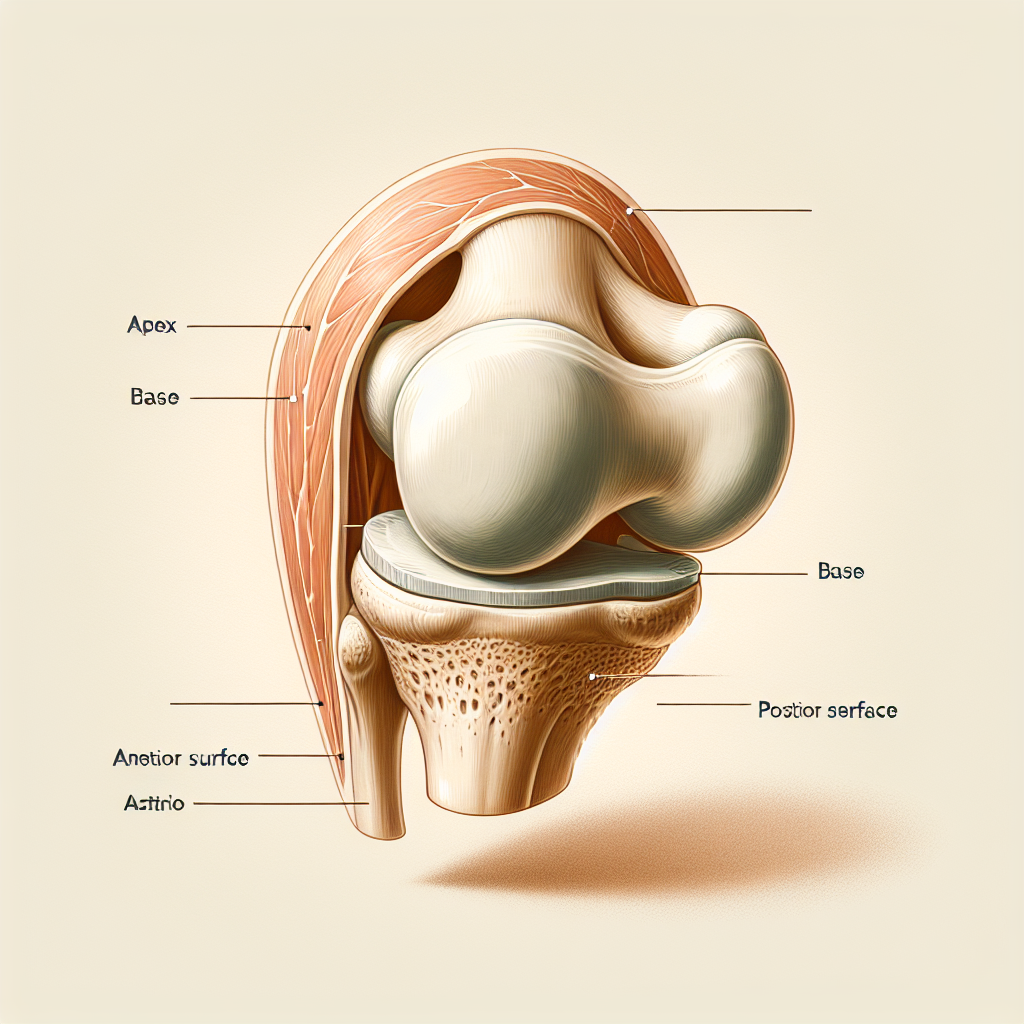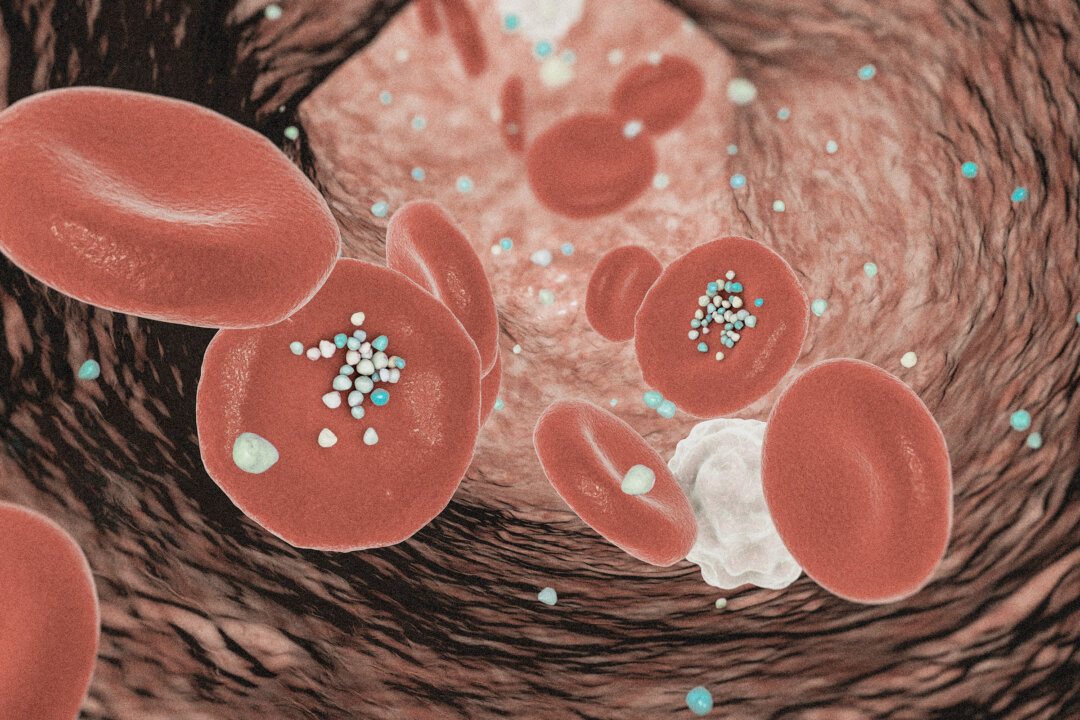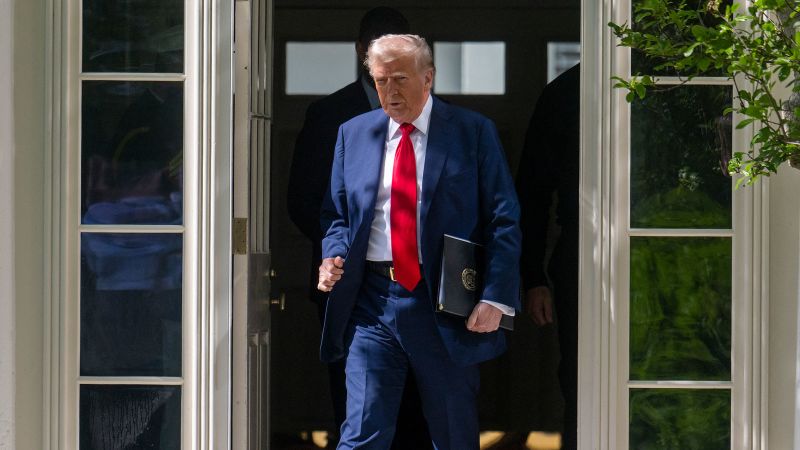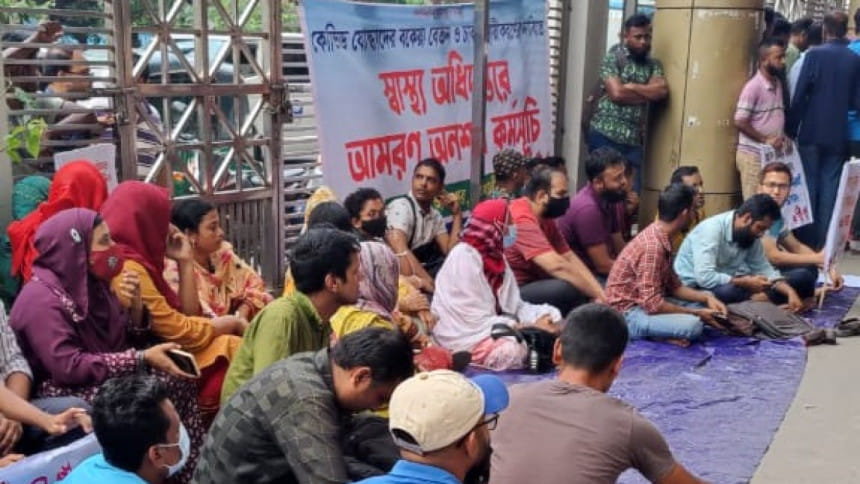A good night's sleep makes a big difference in our mental and physical health. Without quality sleep, we're less productive. Grumpy.
It can even affect our hearts. For kids, sleep is crucial for physical, mental and emotional development. But there are lots of things keeping us awake these days: screens, electronics, stress.

And researchers say that, like adults, kids are having problems falling and staying asleep. Michael Schulson , a contributing editor at Undark, recently looked into why more parents are turning to a supplement called melatonin as a possible solution. "It's like so many parents' dream," he says.
"Is there ...
this one thing that can help me get through this part of the day that can be really, really hard for parents and families?" But some experts worry that there isn't enough research about how regularly taking melatonin affects kids in the long term. Read Michael Schulson's full article in Undark . Want to hear more stories about human health? Email us and let us know at shortwave@npr.
org . Listen to Short Wave on Spotify and Apple Podcasts . Listen to every episode of Short Wave sponsor-free and support our work at NPR by signing up for Short Wave+ at plus.
npr.org/shortwave . This episode was produced by Rachel Carlson and edited by Rebecca Ramirez.
Tyler Jones checked the facts. Maggie Luthar was the audio engineer..
What sleep experts say about kids and melatonin

A good night's sleep makes a big difference to our mental and physical health. Without quality sleep, we're less productive. Grumpy. It can even affect our hearts. Meanwhile, more and more people are having problems falling and staying asleep, including kids. So some parents are turning to a supplement called melatonin as a potential solution. But some experts worry that there isn't enough research about how regularly taking melatonin affects kids in the long term. Today on the show, we explore the research with Michael Schulson, who recently wrote about the topic for Undark. Want to hear more stories about human health? Email us and let us know at [email protected] to every episode of Short Wave sponsor-free and support our work at NPR by signing up for Short Wave+ at plus.npr.org/shortwave.




